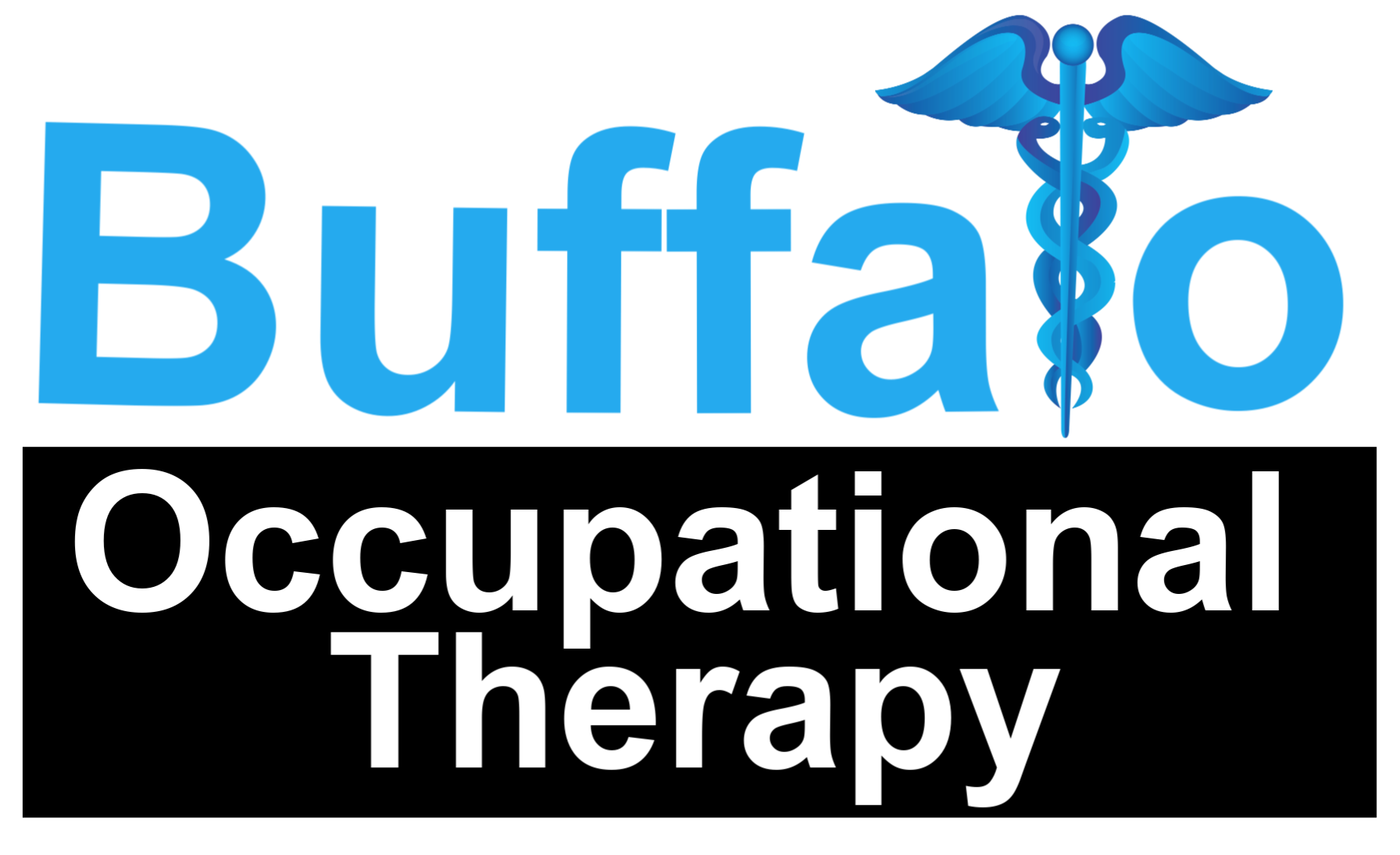The Neurological Therapist – Interview your therapist
Neurological therapy is a specialized area requiring devoted time and training.
When looking for a neurological therapist, whether for hiring or collaborating, it’s crucial to consider several factors to ensure they possess the necessary knowledge and skills in neurological rehabilitation.
Qualifications and Credentials

- Do they hold any additional certifications relevant to neurological rehabilitation, such as Certified Stroke Rehabilitation Specialist (CSRS), Certified Brain Injury Specialist (CBIS), or Neuro-Developmental Treatment (NDT) certification?
- Have they pursued advanced training or completed post-professional education programs focused specifically on neurological rehabilitation?
- Are they members of professional organizations related to neurological rehabilitation, such as the American Occupational Therapy Association (AOTA) or the American Physical Therapy Association (APTA)?
- Have they participated in continuing education courses or workshops related to specific neurological conditions, assessment tools, or treatment approaches?
- Can they provide evidence of ongoing professional development and commitment to staying abreast of advancements in neurological rehabilitation practice?
Experience

- What is the extent of their experience specifically in neurological rehabilitation, including the number of years dedicated to this specialty area?
- Have they worked with a diverse range of neurological conditions, including stroke, traumatic brain injury, spinal cord injury, multiple sclerosis, Parkinson’s disease, etc.?
- In what settings have they practiced neurological rehabilitation, such as acute care hospitals, inpatient rehabilitation facilities, outpatient clinics, community-based settings, or specialized neurological rehabilitation centers?
- Can they demonstrate versatility in adapting their skills and expertise to different practice environments and patient populations?
- Can they provide specific examples or case studies of patients they’ve treated for neurological conditions, highlighting successful outcomes achieved through their interventions?
- Are they able to articulate their approach to managing complex neurological cases, including the development of individualized treatment plans, goal-setting strategies, and ongoing assessment and modification of interventions based on patient progress?
- Have they encountered challenging cases or situations in neurological rehabilitation, and how did they approach and overcome these challenges to achieve positive results for their patients?
Knowledge of Neurological Conditions

- Do they have a comprehensive understanding of different neurological conditions, such as stroke, traumatic brain injury, spinal cord injury, multiple sclerosis, Parkinson’s disease, Alzheimer’s Disease, Dementia, etc.?
- Are they familiar with the specific impairments and challenges associated with each condition?
- Can they tailor treatment plans to address the unique needs of individual patients with neurological disorders?
- Can they integrate the principles of neuroplasticity, motor learning, and task-specific training into their treatment approaches to promote recovery, maximize functional independence, and enhance quality of life for individuals with neurological disorders?
Evidence-Based Practice (EBP)

- Do they stay updated on the latest research and evidence-based practices in neurological rehabilitation?
- Are they able to integrate evidence-based interventions into their treatment plans?
- Can they critically evaluate the effectiveness of different treatment approaches based on research findings?
Assessment and Evaluation Skills
- How do they assess and evaluate the functional abilities and limitations of patients with neurological conditions?
- Are they proficient in using standardized assessment tools commonly used in neurological rehabilitation?
- Can they conduct comprehensive evaluations to identify specific impairments and set realistic goals for therapy?
Treatment Techniques and Modalities
- What treatment techniques and modalities do they utilize in neurological rehabilitation?
- Are they skilled in neurorehabilitation approaches such as neuroplasticity-based therapy, constraint-induced movement therapy, task-specific training, etc.?
- Do they have experience with assistive devices, adaptive equipment, and technology used in neurological rehabilitation?
Interdisciplinary Collaboration
- Are they accustomed to working collaboratively with other healthcare professionals, such as neurologists, physiatrists, speech therapists, etc.?
- Do they ask you about your experience and your team at the time of your evaluation?
- Do they seek to offer referrals and recommendations for other professionals at the time of your evaluation?
- Can they effectively communicate and coordinate care plans with other team members to optimize patient outcomes?
Patient-Centered Care
- Do they prioritize patient-centered care and actively involve patients in goal-setting and treatment planning?
- Are they empathetic, compassionate, and able to establish rapport with patients and their families?
Bottom Line:
For anyone seeking neurological physical therapy or occupational therapy, it’s essential to do some research and be ready to ask questions when meeting with your therapist. Since health insurance often limits the number of sessions and out-of-pocket costs for neurological rehabilitation can be high, it’s crucial not to waste time with the wrong therapist. Take the time to research your provider before committing to treatment.

